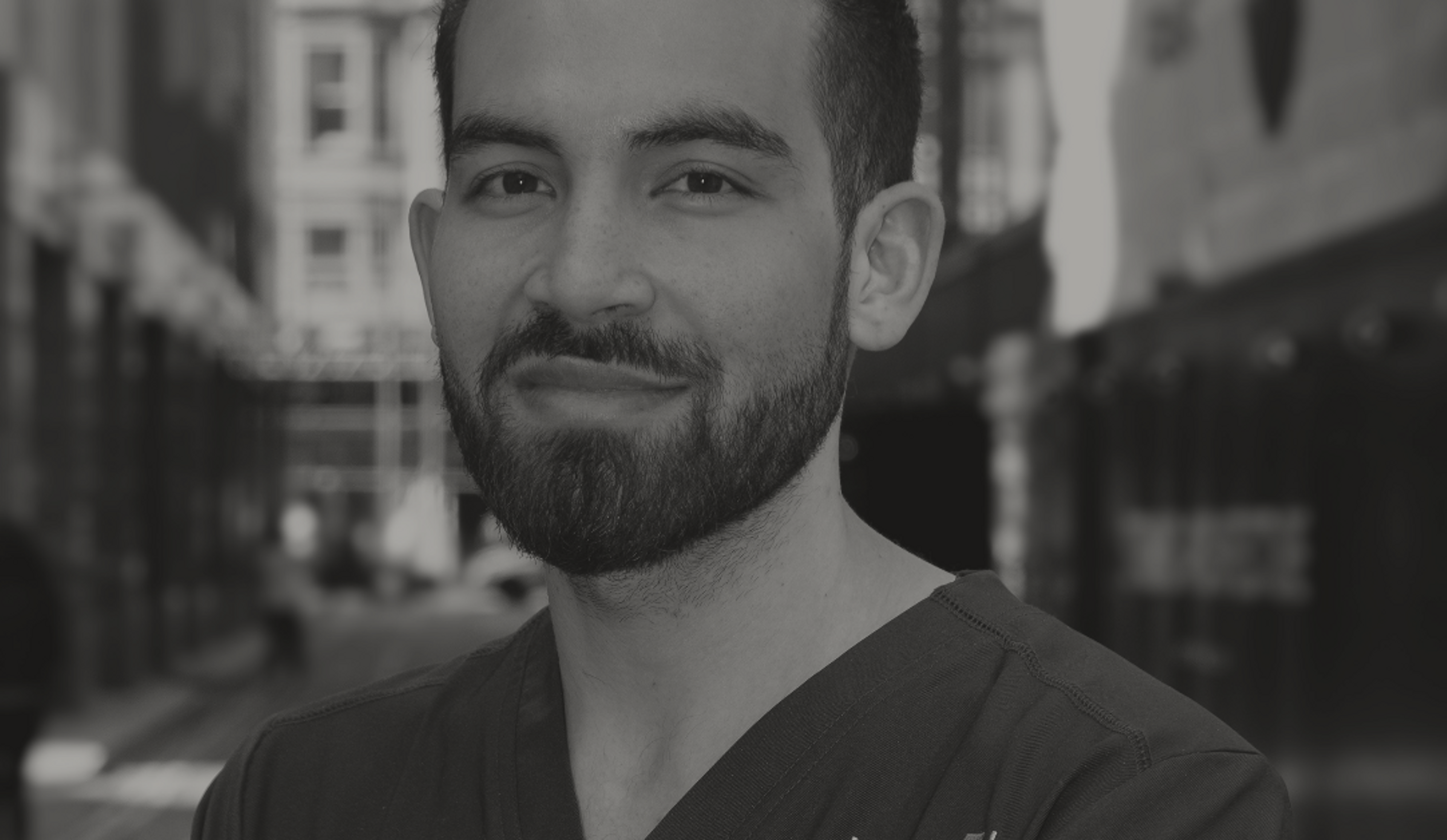If you work in the world of aesthetics, you’ll no doubt have heard of Harley Academy. Innovators in aesthetics training courses, Harley Academy was founded by Dr Tristan Mehta. He very kindly took some time out of his busy schedule to chat with me about the company’s past, present and exciting looking future.
Hi Dr Tristan! How and why did you get started in aesthetics?
I graduated as a doctor nearly ten years ago, and I always knew that I would be merging my dream of practicing medicine and helping people, with my ambitions in business. I’m a creative person and I really wanted to build and create something meaningful. I combined what I knew from my medical background with what was, at that time, a quickly growing industry, and soon became very interested in non-surgical aesthetics.
I attended my first basic injectables training course in 2013. It was a weekend course and I fell in love with aesthetics. But I didn’t realise at the time how utterly flawed this type of course was, and how unsuitable it was for anyone looking to actually do a good job and be safe as a practitioner.
I then started treating patients and learning more about aesthetics, following the government guidelines around regulating this industry, and I realised that it all came down to education and training.
So this was around the time of the Keogh review. Is that when the idea for Harley Academy was born?
Exactly. Education and training within the sector soon became my main interest, so, as opposed to starting a clinic and working as a practitioner, I started thinking about how I could build a training company that would meet the latest government guidelines.
I started following those guidelines and began thinking about how a curriculum could be developed that was completely different to what was already out there. Instead of spending a weekend training, you could spend a year with a training company on placement, and study for exams, so that you could actually become qualified as a specialist in injectables. That would be incredible – so I set about working on this mission.
That sounds like a pretty big undertaking! And it sounds like your aim is to make aesthetics a medical specialism. Tell us about the journey from first having the idea to putting it into action.
I started the Harley Academy in 2015 and I spent a year and a half developing the Level 7 curriculum. I worked closely with an awarding body to get the specification regulated by the Government (Ofqual) as the first proper qualification for aesthetics.
It was really just me in the business at that time, and during that period I was also doing my own diploma in aesthetics at the University of Manchester, upskilling myself while working on my business.
The Level 7 qualification became accredited in 2016 and that was when we really took off! The demand for the courses rocketed, so I took the decision to move the business to London and started to build a team. We became a team of three, then a team of five, and over time grew to become the biggest training provider in aesthetics.
So, what makes the Harley Academy Level 7 different?
What we do was - and still is - very different to what’s out there. We provide a very structured process. Attendees treat a large number of patients, and we do a large volume of hands-on training. This is difficult to deliver to a consistently high standard. We use an incredibly talented team of medical professionals to mentor and train our delegates, which in itself is operationally very hard and expensive to deliver. As the first to devise the specification and deliver the Level 7 qualification, we have become experts and have built a strong reputation around that.
Why is the Level 7 qualification so important in the aesthetics industry?
There are two answers to this question. Firstly, people who graduate from the Level 7 qualification are more likely to get jobs - or are more confident to build their own aesthetics business because they have the skills and knowledge to confidently consult with patients, design treatment plans and get great results.
Secondly, from a medical perspective, attending a course doesn’t mean you’ve passed a test to demonstrate you know what you’re doing. Most clinicians are self-declaring that they are safe. Being a healthcare professional alone does not mean you have proficiency in carrying out injectable treatments. A qualification has an external assessment which means that you have to show that you’re good enough under exam conditions. The Level 7 requires you to be externally assessed so you can prove you can deliver safe, effective treatments.
What is Harley Academy’s ethos as a training provider?
We are known for our ethics and doing things properly. We always put our patients’ safety first, and this is because we do things thoroughly. Our company values are to collaborate, to innovate and to lead, and we want to be seen as the most ethical, most credible training provider in the market.
What does the future hold for Harley Academy?
Given the current circumstances, we’re going to go very digital in what we do. We have a really exciting pipeline of modules that are being released for professional development, and we’re going to be able to scale out our training further and wider across the UK. We also have a big digital education project underway which you will hear about soon!

